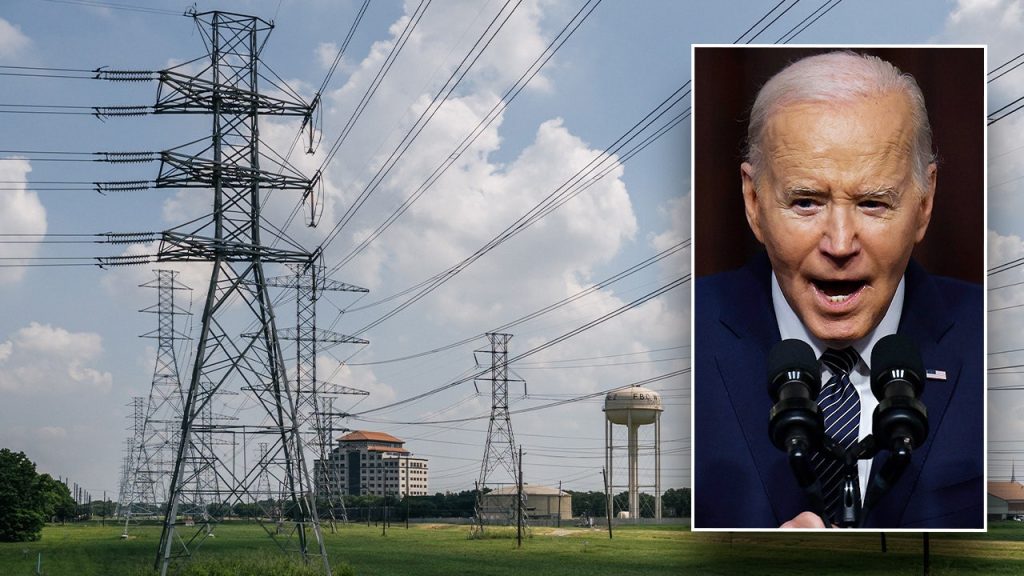The Biden administration finalized regulations targeting fossil fuel-fired power plants as part of its climate agenda to transition to green energy sources like wind and solar. The rules require coal-fired plants and new gas-fired plants to control 90% of their carbon emissions, as well as tighten emissions standards for toxic metal and wastewater discharge. The regulations were initially proposed in May of 2023 and have received praise from environmental groups, Democrats, and the White House for promoting clean electricity generation and an American manufacturing renaissance. Critics argue that cracking down on coal and gas plants could lead to blackouts and higher energy prices because the reliability of the grid might be impacted.
According to the Energy Information Administration, at least 20 new natural gas-fired power plants are expected to come online in 2024 and 2025 with the capacity to power millions of homes. The regulations do not include rules for existing gas plants, which are expected to be finalized by EPA in the coming months. Natural gas and coal currently generate 43% and 16% of the nation’s power, while wind and solar generate 10% and 4%. Critics have claimed that the regulations will cause grid reliability to dwindle to concerning levels, leading to potential power supply crunches as a result of premature power plant retirements.
The regulations have sparked a debate within Congress, with Republicans and some Democrats raising concerns about the impact on energy prices and grid reliability. Sen. Shelley Moore Capito, R-W.Va., has vowed to introduce a resolution overturning the regulations, arguing that they threaten access to affordable, reliable energy for households and employers across the country. The regulations are also the subject of an ongoing investigation by the House Oversight Committee, with critics warning of potential blackouts and higher energy prices as a result of cracking down on coal and gas plants.
President Biden has pledged to reduce emissions by up to 52% by 2030 and create a carbon-free power sector by 2035, aligning with long-standing efforts by Democrats and environmentalists to address climate change by targeting the power sector over its high emissions. Critics argue that the regulations will have severe consequences for Americans in the form of blackouts and higher energy prices due to potential grid reliability issues. The regulations have been praised by environmental groups, the White House, and Democrats for promoting clean electricity generation and manufacturing while protecting communities from pollution in air, water, and neighborhoods.
Despite criticism from business groups, energy associations, manufacturers, grid operators, and Republicans, the Biden administration has moved forward with its climate agenda to transition to green energy sources and decarbonize the nation’s power grid. The regulations aim to cut pollution while ensuring that power companies can continue to deliver reliable electricity for all Americans. The Biden administration sees these regulations as integral to tackling climate change, delivering environmental justice, and securing a sustainable future for future generations through the harnessing of new technologies.















